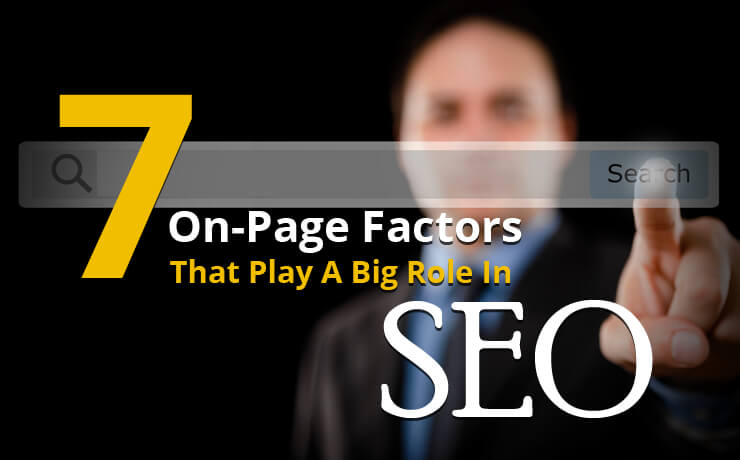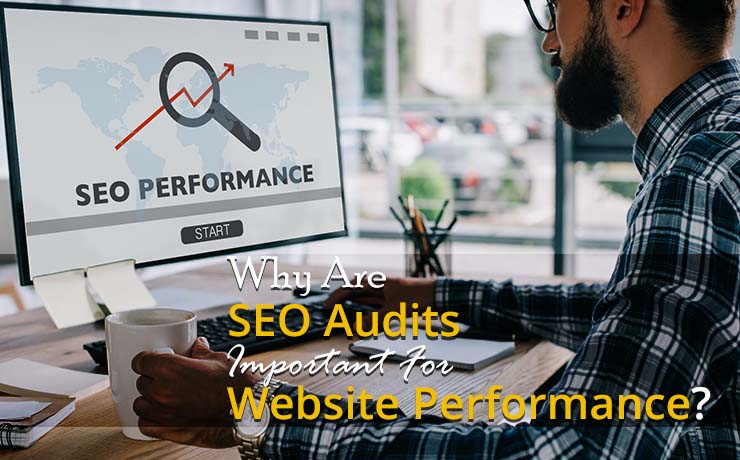7 On-Page Factors That Play A Big Role In SEO

Chad Faith
Director of Content

When you are trying to optimize a website for the search engines and thereby get to the top of Google, it’s all too common to focus entirely on the off-page elements such as link building and social media marketing. Yes, generating in-bound links can increase the chances of someone finding your site, it gives your business authority in the eyes of Google and it creates more in-roads to help Google find and index your new pages. But it is by no means the be-all and end-all of your SEO…
What’s just as important are the on-page SEO factors that help make your site more appealing in the eyes of Google. This is where the real ‘optimization’ element comes in, and if you don’t get it right, then Google is going to avoid your pages like the plague!
High Quality Content
Number one is definitely high quality content. Great content will help to demonstrate to Google that your site is offering value, it will increase the number of keyword matches that it’s likely to find and it will also help to encourage readers who do find your site to come back again.
Keywords
Within your content and also in your headings and subheadings, your file names and your code, you want to include allusions to the specific keywords or key phrases that you are hoping to target with your on-page SEO. Back in the day, this was probably the biggest aspect of SEO alongside link building, but now you have to be very careful to avoid ‘keyword stuffing‘ that will look spammy which will get your site penalized.
URL</>
If you use WordPress, you need to ensure that your URL is relevant to your content, your title and your keywords. Having a URL like p=31 will certainly not help you.
Page Loading Times
The quicker your website loads, the more Google is going to look at it favorably. Find what’s slowing your site down and optimize.
Structured Data
Structured data is information presented on the code of your website in such a way as to allow Google to understand it. In turn, this then allows Google to add that extra information alongside your link on their pages – information like the date, the author or maybe even a recipe or the time of an upcoming event. Google have said that structured data won’t impact search rankings, but it can increase the likelihood of someone clicking on your link, which makes it valuable.
Meta Tags
Meta tags are similar, allowing you to insert a description and keywords. Again, meta tags won’t directly impact your SEO, but they can affect how your pages look when they appear on Google and on social media. Be savvy though – competitors can look at keywords in your meta tags and use them to identify which terms you’re targeting. The descriptions though are still useful.
Navigation
Great navigation will help your visitors around your site, but it will also help Google to find your different pages and to quickly index each new post. Things like a sitemap can help this cause further, essentially providing a blueprint for Google’s robots.
If you want to handle on-page SEO in the best way possible, talk to a well established SEO company who can give you more pertinent advice regarding this.
 Free
Consultation
Free
Consultation Free
Google Ads Audit
Free
Google Ads Audit







